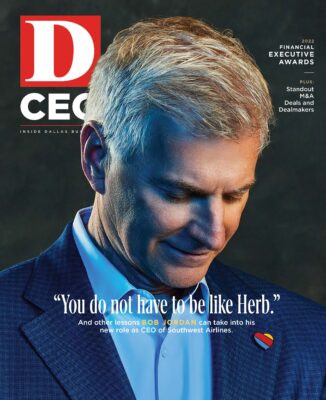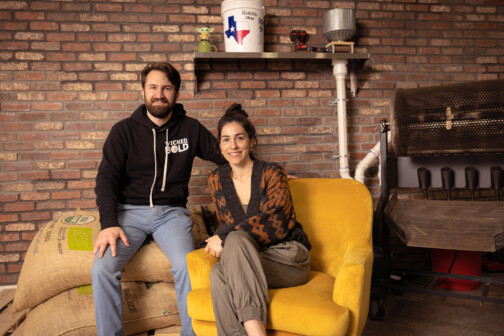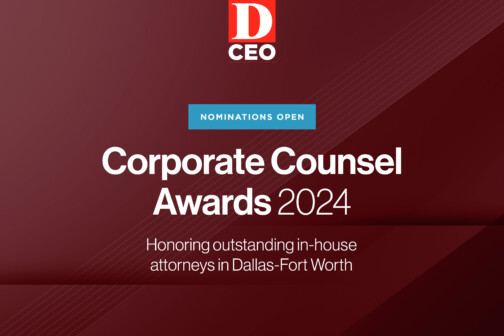Earlier today, I noticed a calendar hanging on the side of a bookcase in my work area—set to March 2020. It was a reminder of “the before times,” when we all made weekday pilgrimages to the office and sat at our desks from 9 to 5.
After the lockdown kicked in, the D CEO team surprised even ourselves by producing a year’s worth of magazines remotely. Most of us are back in the office—it’s difficult to collaborate, brainstorm, and nurture a culture with faces on screens. But we often write from home, and the office is mostly deserted on Fridays.
As companies in North Texas (and throughout the nation) grapple with the remote work conundrum, another issue is emerging. In a truly flexible workplace, people would be able to choose not just where they work, but when. So writes Emily Laber-Warren in a recent opinion piece for The New York Times.
Southwest Airlines, she points out, lets pilots choose between morning and evening flight schedules. A few tech companies have work-anytime policies. But most businesses haven’t jumped on the bandwagon of letting people work when it best aligns with their schedules—or chronotypes (our internal timers for when we are most alert).
Laber-Warren quotes Shorter and Rest author Alex Soojung-Kim Pang, who says that after COVID, all assumptions about how we work should be questioned. He encourages employers to focus on results and quality output versus time on the clock. “The most impressive, most professional person is not the one who needs 80 hours a week to finish the job,” he said. “It’s the person who can finish it in 30 hours.”
Makes sense.
Journalists have always worked odd hours due to press deadlines and being at the beck and call of breaking news. We have a couple of early birds (me included) and a few night owls on the D CEO team. When possible, people seem to do their best work when you let them decide where—and when—to do it.
Author








